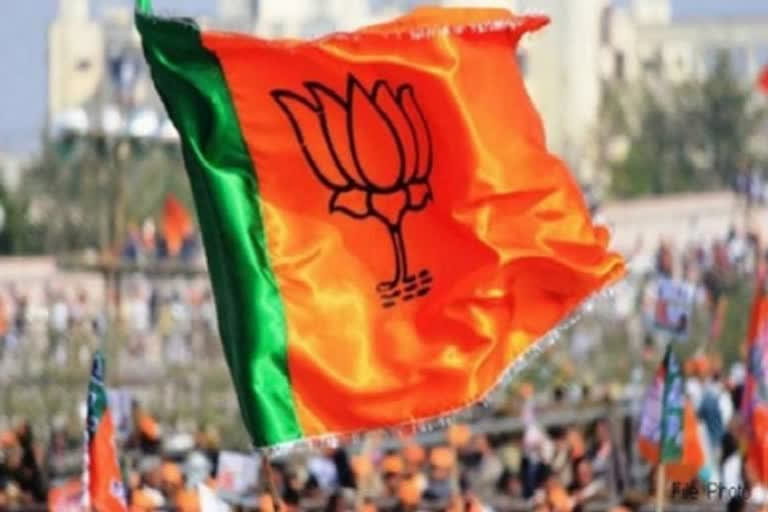Dehradun: Bhartiya Janata Party (BJP) is observing its 42nd Foundation Day on Wednesday. The party has recorded a thumping majority in the recently concluded assembly elections but the journey of the party in the last 42 years has been a rollercoaster ride. ETV Bharat spoke to senior BJP leader Anand Sharma who reminisced on the journey of BJP, Jan Sangh, and Rashtriya Swayamsevak Sangh (RSS) in the state.
Anand Sharma said that RSS which was established in 1925 was banned after the assassination of Mahatma Gandhi. However, the ban was lifted soon. He further added that the ban made the organization feel that there should be a political representative branch of Sangh. Consequently, Jana Sangh was established in 1952.
Anand Sharma highlighted that the Bharatiya Janata Party was established in 1980 following which candidates had the pressure to contest the elections and today there is competition within the party to get its ticket.
Accentuating the journey of the party in the hill state, Sharma said that there were branches of Sangh in Uttarakhand, which was a part of Uttar Pradesh for a long time. Anand Sharma explained that there were four parts of the organization namely Eastern UP, western UP, Awadh, and Braj. The mountainous region of Uttarakhand was included in western Uttar Pradesh. When the Uttarakhand state movement first broke out in the 90s, the party organizationally separated the mountainous area branch from western Uttar Pradesh.
Sharma added that MLA Dehradun Devendra Shastri was made the chairman of the mountainous branch. BJP leader said that Devendra Shastri was an old leader of the Sangh. He was a leader in Lahore before the partition. However, after the partition, he was given the responsibility for the mountainous regions of Uttarakhand.
Reciting an anecdote, Anand Sharma told that there was a public meeting of big leaders in Srinagar Garhwal. The leaders of the party reached the spot in a truck as there was no transport.
Also Read: BJP Foundation Day: MPs, MLAs, party cadre and office-bearers don saffron color caps



